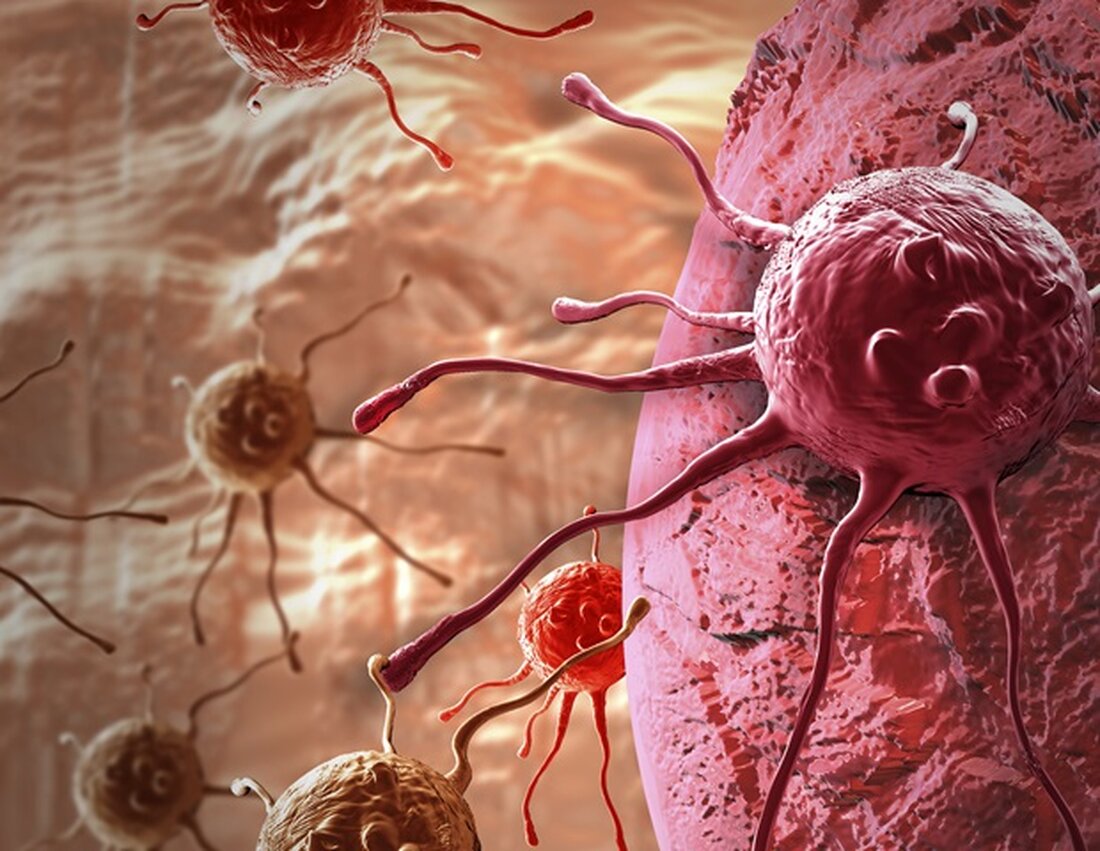Survey results show that knowledge about bladder cancer among European adults is shockingly low
Bladder cancer awareness is worryingly low, experts warn Europe has some of the highest incidence rates of bladder cancer in the world, but knowledge of the disease is still woefully low, according to a new survey from the European Association of Urology (EAU). The survey, which examined knowledge about bladder cancer and its main symptoms among European adults, showed that almost 60% of European adults are either unfamiliar with bladder cancer or do not know how serious it can be. Symptoms are generally not recognized A change in urine color or blood in the urine is usually the first sign of bladder cancer and should...

Survey results show that knowledge about bladder cancer among European adults is shockingly low
Awareness of bladder cancer is worryingly low, experts warn
Europe has some of the highest incidence rates of bladder cancer in the world, but knowledge of the disease is still shockingly low, according to a new survey by the European Association of Urology (EAU). The survey, which examined knowledge about bladder cancer and its main symptoms among European adults, showed that almost 60% of European adults are either unfamiliar with bladder cancer or do not know how serious it can be.
The symptoms are generally not recognized
A change in urine color or blood in the urine is usually the first sign of bladder cancer and should prompt an immediate visit to a doctor or healthcare professional. However, over half (55%) of respondents did not know that a change in the color of their urine could be an early sign of bladder cancer.
Early diagnosis of bladder cancer can significantly improve treatment outcomes. One of the most common early signs of bladder cancer is the presence of blood in the urine. According to the survey, 75% of adults do not always check their urine for color changes, and 22% rarely or never check their urine.
Unwillingness to seek medical advice
The new survey also showed that adults are reluctant to seek medical advice even if they notice symptoms. 20% of participants said they would wait a week or more before speaking to a doctor or healthcare professional if they noticed a change in the color of their urine from yellow to orange, pink or red. The most common reason for not seeking medical advice was expecting improvement on its own.
Professor Arnulf Stenzl, designated Secretary General of the EAU and head of the Department of Urology specializing in bladder cancer at the University Hospital of Tübingen (DE): “In the case of bladder cancer, early detection is crucial as this leads to better survival rates. Patients diagnosed in stage 1 have an 80% chance of survival after five years, compared to 40% in stage 3. The results of our survey tell us the very worrying message that there is an urgent need for increased public education to make them aware of the symptoms of bladder cancer and to speak to a specialist such as a urologist. This will contribute to earlier diagnosis and reduce mortality rates.”
Source:
.

 Suche
Suche
 Mein Konto
Mein Konto
